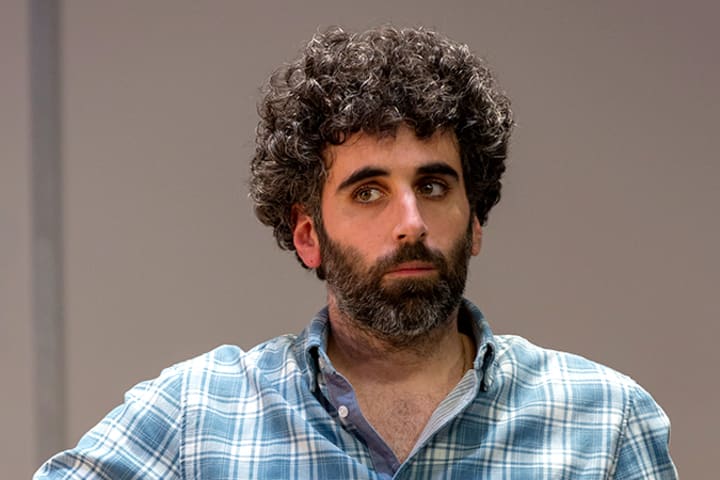In Gloria, we peer through the window of an exceptionally dysfunctional office.
Gloria begins in the offices of an upscale magazine in Manhattan, specifically in the publication’s culture section. Like thousands of workplaces before it, Gloria proves that the inner mechanisms of an office environment make for great drama. Something about punching the clock from 9am to 5pm and working for the ‘man’ has formed the backdrop for many great productions.
Crime dramas, legal dramas, medical dramas, teaching dramas, retail dramas, political dramas, even library dramas have been entertaining us, often after a long day at the office, for eons. Perhaps the most iconic workplace drama in recent years is Ricky Gervais’ The Office. His mockumentary series showed us the lives of dreary British employees working for a suburban paper company, and somehow, this premise became one of the most relatable shows in England. A US spin-off with Steve Carell proved the series just as popular with American audiences; attesting that there is a universal relatability to the ‘watercooler’ drama.
Between Mad Men, Suits, Veep, West Wing, Grey’s Anatomy, Utopia, House of Cards, Ally McBeal, Scrubs, 30 Rock and Parks and Recreation, we’ve seen our fair share of office dynamics play out on the small screen. On the stage, dramas like Glengarry Glen Ross and Death of a Salesman showed us how work can overwhelm our families and selves to become the epicentre of our lives.
Whether you make short work, light work, or hard work of something, working to make a living is the one thing that connects us all. Across every continent, culture and commerce, there is work to be done, and people who need to do it.
The relentless regularity of a monotonous Monday morning commute, small talk about standing desks and ergonomic keyboards, bi-annual fire drills, bitter cafeteria coffee, illicit office romances and communal kitchenettes that breed their own ecosystems of filth, are familiar experiences for many of us. Work occupies a lot of our time. There’s every chance you’ve spoken to Jim in IT this year more than your own mother, and you don’t even work in IT.
On average, we spend 40 hours a week with our co-workers. Which is probably more time than we spend with our children, partner, friends or self. For that reason, it is helpful when we get along. School was bad enough, but at work, we’re all meant to have similar interests and invest in our company’s mission and vision together.
The problem is, workplaces consist of people with entirely different skill-sets and behaviours. The full alphabet of personalities are usually represented in confined, fluorescently lit and poorly ventilated spaces, grouped together by their one and only actual common interest – the want and need to make money.
Sometimes a team of employees operate like a little family; aggravated by, but ultimately accepting of each other’s differences, and appreciative of one another’s contributions. In less successful workplaces, people clash, ideas and ethics collide, allegiances are formed and segregation ensues. Throw in a healthy dose of competition and you have the setting for a perfect drama.
Gloria begins as a satire of entitled 20-somethings dragging their feet at work and then suddenly becomes a dissection of ambition, misery and the desire to be heard. Jacobs-Jenkins’ play pulls apart the patterns that exist in almost every workplace and asks us what can happen when people are cut adrift from their colleagues and made to feel like the ‘office freak’.
Gloria is playing at Southbank Theatre until 21 July.
Production image by Brett Boardman.
Published on 12 July 2018





